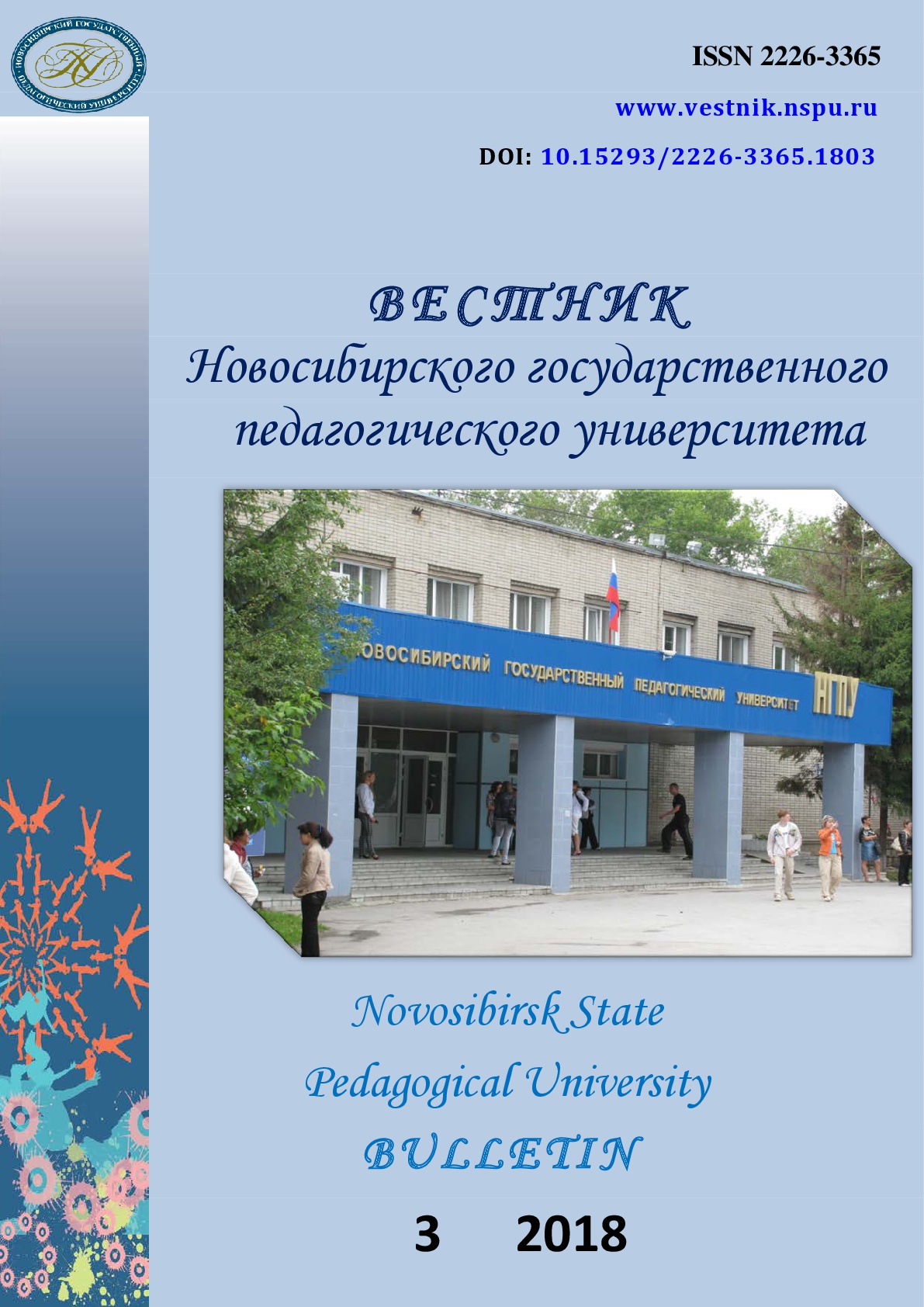Религиозность сознания как критерий анализа и механизм передачи знаний в повседневности современного человека
Religiosity as a criterion for analyzing the transformation of social rituals in contemporary people’s everyday life
Author(s): Tatyana Vladimirovna IzluchenkoSubject(s): Anthropology, Sociology of Culture
Published by: Новосибирский государственный педагогический университет
Keywords: Everyday life; Religiosity; Rituals; Religious practices; Religious tradition; Religious communities; Historical anthropology;
Summary/Abstract: Introduction. The article investigates the problems of ritual transformation in the modern society as mechanisms of transferring knowledge about everyday life structure and expressing internal and external factors of societal development. The objective is to substantiate the effectiveness of the religiosity as a criterion for analyzing the transformations of social rituals of contemporary people’s everyday life. Materials and Methods. The study of everyday life is based on the historical anthropological approaches (P. Berger, T. Lukmann, H. Garfinkel, S. N. Bogolyubova). Religiousness is considered within the framework of cognitive science (P. Boyer, T. Malevich). The structural-functional approach is applied to the treatment of social ritual (E. Durkheim). Results. The author identifies the role of religiosity in the formation of everyday life structure and the development of social rituals. It was revealed that forms of religiosity in social rituals are determined by socio-cultural conditions and psychological attitudes. The analysis of everyday life as an ontological concept, including the interpretation of significant phenomena of social reality as elements, regularly performed social rituals and communicative space, within which the learning and transfer of knowledge take place, is carried out. The subordination of religious actions and social rituals of everyday life is characterized. Religious actions are indicated by special cases of social rituals, in which the religious component is fundamental. Social rituals are represented by mechanisms for transferring knowledge, skills and learning within the society through performativity and mimesis in order to maintain social integrity. The transformation of social rituals in the modern world under the influence of secularization is highlighted, which is expressed in the content and sequence of rituals actions, as well as in the structure of everyday life. It is proposed to investigate changes in social rituals through the criterion of religiosity as an element which constantly exists in everyday life and reflects the conditions of social reality. Conclusions. In accordance with the stated objective, the religiosity of consciousness is designated as a productive criterion for analyzing the transformation of social rituals under the influence of socio-cultural conditions. Everyday life of modern people is filled with individual religious practices, which express subjective ideas about the relationship between «sacred» and «profane». It is noted that manifestations of religiosity reflect the essence of social rituals of everyday life.
Journal: Вестник Новосибирского государственного педагогического университета
- Issue Year: 8/2018
- Issue No: 3
- Page Range: 66-79
- Page Count: 14
- Language: Russian

